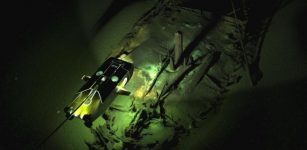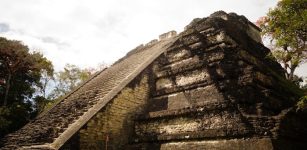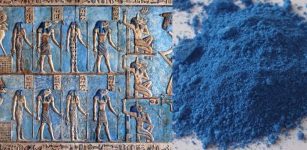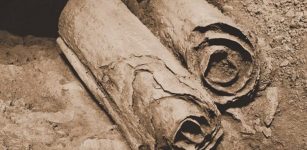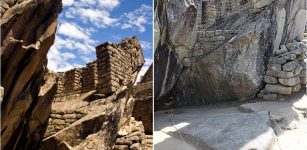Mystery Of The 2,000-Year-Old ‘Urn Burial’ Ceremonies: 113 Tombs Discovered Near the Ancient City Of Fudi
Conny Waters - AncientPages.com - Archaeologists excavating in China may be closer to unravel the mystery of the 2,000-year-old urn burial mystery. As many as 113 ancient tombs have been discovered near the ancient city of Fudi, in Huanghua, northern China's Hebei Province.
 As many as 113 ancient tombs have been discovered. Image credit: Xinhua/Yang Shiyao
As many as 113 ancient tombs have been discovered. Image credit: Xinhua/Yang Shiyao
Each of the tombs contained human remains wrapped with two to three clay containers. Scientists think this unique finding will shed more light on the burial customs of the Western Han Dynasty (202BC-8), according to Xinhua.
All the remains were buried using a method called 'urn burial', which means the corpses were wrapped using two to three large clay containers, such as urns, pots and bowls.
 Image credit: Xinhua/Yang Shiyao
Image credit: Xinhua/Yang Shiyao
A small hole would be drilled at a side of the clay coating. It's believed that this was to let the soul of the deceased come and go freely.
See also:
The discovery is surprising. It was previously thought that urn burials were only practiced on children, but some of the newly found tombs contain adults. This indicates this ancient burial practice was widespread.
 Image credit: Xinhua/Yang Shiyao
Image credit: Xinhua/Yang Shiyao
“Due to river digging and the destruction of nature in the past 2,000 years, we have only managed to excavate part of the tomb site.
'We have discovered remains some 150 metres (492 miles) south of the site, which means the number of adults having been buried in urns could be much higher,” Zhang Baogang, the head of the Huanghua Museum said.
Zhang said that the tombs were thought to belong to civilians.
Written by Conny Waters - AncientPages.com Staff Writer

